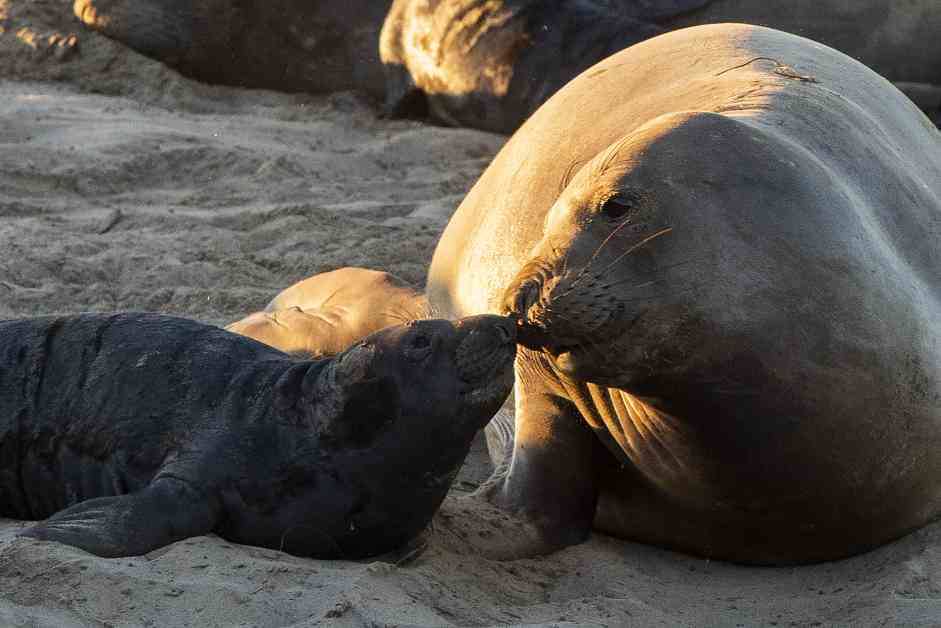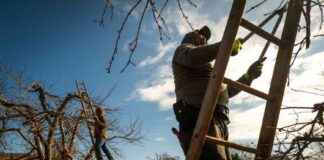The Importance of Older, Larger Animals in Ecosystems: A Closer Look
In a world facing climate challenges and ecological changes, the significance of older, larger animals in ecosystems is often overlooked. Scientists have shed light on the essential role these creatures play in maintaining biodiversity and resilience in the face of environmental threats.
Unsung Heroes of the Ecosystem
The Bigmouth buffalo, a bottom-feeding fish found in the Mississippi River basin, may not be the most attractive or appetizing species, but its size and age are crucial to the ecosystem. These fish can reach up to 50 pounds and live for more than a century, yet they are often discarded by fishermen. Keller Kopf, an ecologist at Charles Darwin University in Australia, emphasizes the importance of these old fish, stating, “People catch them and just throw them on the bank. These are 90-year-old fish.”
Wisdom of Age
Research conducted by Kopf and colleagues reveals that older individuals of various animal species offer unique benefits to their ecosystems. These animals, like old, large trees, accumulate knowledge and provide vital resources for their communities. They possess valuable insights on survival strategies, such as finding water, shelter, and new food sources during times of scarcity. Kopf refers to this phenomenon as “wisdom,” a quality not limited to human beings but also present in older animals.
Conservation Challenges
Despite their importance, many older, larger animals face threats to their populations due to human activities such as overfishing and habitat destruction. Species like the Bigmouth buffalo and the Alligator gar are at risk of losing their reproductive potential, leading to population declines. Conservation efforts often overlook the significance of age in maintaining ecosystem balance, highlighting the need for targeted management strategies to protect older individuals.
Through their research, Kopf and his coauthors advocate for “longevity conservation,” urging global conservation organizations to consider the role of older animals in preserving biodiversity. By recognizing the wisdom and value these creatures bring to their habitats, we can ensure a more sustainable future for ecosystems worldwide.














